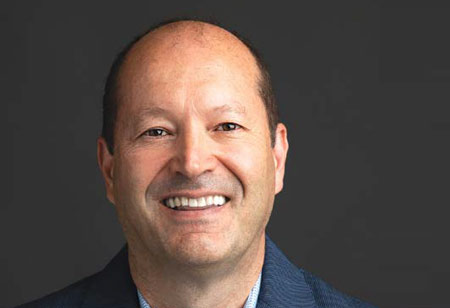

Thank you for Subscribing to Cannabis Business Insights Weekly Brief

Ball Horticultural Company, located in the western suburbs of Chicago, IL, has used greenhouses to produce crops for over 118 years. The Ball Corporation includes many business units, such as PanAmerican Seed, the leading flower seed company in the industry, with more than 75 years of operation. With that many years of growing crops in greenhouses and with over 70 hectares of greenhouses worldwide, PanAmerican Seed knows how to manage crops.
Indoor farming is not new; it’s been around for centuries. The idea of intensive agriculture providing a record yield and extended or alternative seasons has always interested farmers. It is always more profitable to be able to produce crops when nobody else can. Besides higher yields and off-season production possibilities, greenhouse production can reduce fertilizer and water use. Greenhouse growers can also control their crop’s light, temperature, humidity and opportunities to mechanize their operations.
Successful greenhouse production requires a high level of knowledge about crop physiology and how to utilize its resources wisely. It is different from field crops, which, for the most part, are at the mercy of the weather. A greenhouse grower has much more control over their crops, assuming they have the knowledge necessary to be successful.
Greenhouse production can have very high initial costs and much higher ongoing costs than open-field production. The energy to cool greenhouses in hot summers and to heat them in cold winters are just some examples. One can take advantage of passive heat from the sun and passive cooling in the summer, but those options have their limits, and with climate change, perfect weather conditions to grow crops are becoming rare.
Different climates require different needs. We have a variety of types of greenhouses with specific designs to fit the local conditions. We always try to take advantage of the local climate. A greenhouse in the Netherlands will certainly be built differently than one in Central America.
Indoor farming is not new; it’s been around for centuries. The idea of intensive agriculture providing a record yield and extended or alternative seasons has always interested farmers.
Those are all manageable challenges for growers, and with the right resources and knowledge, a grower can certainly be very successful with greenhouse production. It will always make more sense to produce higher-value crops in greenhouses than low-value crops.
At PanAmerican Seed, we produce most flower and vegetable seeds in greenhouses. Since most of our crops are F1 and require assisted pollination, we need the control that only greenhouse production can provide.
It's not uncommon for us to have crops in research and development for more than 10 years before even getting into production; it is a long journey until it can become a commercial product. Then production takes over, and the journey continues. The production cycle can take a year or longer, and the result is the work of several teams and thousands of people.
We do all of this with a heavy emphasis on sustainability. Working in harmony with nature is critical to our success. In some instances, for example, we use bees to pollinate crops. When possible, we use biological control to manage pests and diseases. Only organic media is used to grow our stock plants. Hydroponic techniques with drip irrigation for all greenhouse crops are the norm at our farms. Our production locations have several sustainability efforts, including reducing 50% of our carbon footprint by 2030.
There is no doubt that in the future, greenhouse production will continue to be an essential alternative for high-value crops. With the increased use of technology, greenhouse production will continue to evolve and become more and more efficient. Today, we are already seeing artificial intelligence become more commonly used in greenhouse operations. In a no-distance future, we will see self-sufficient setups using sensors to analyze plant critical factors and autonomously make intelligent decisions to guarantee production success.
We at PanAmerican Seed will continue to strive to be reliable, producing seeds cost-effectively and sustainably. Our people, the use of technology, and the care for the environment will continue to be the foundation of our efforts.
I agree We use cookies on this website to enhance your user experience. By clicking any link on this page you are giving your consent for us to set cookies. More info